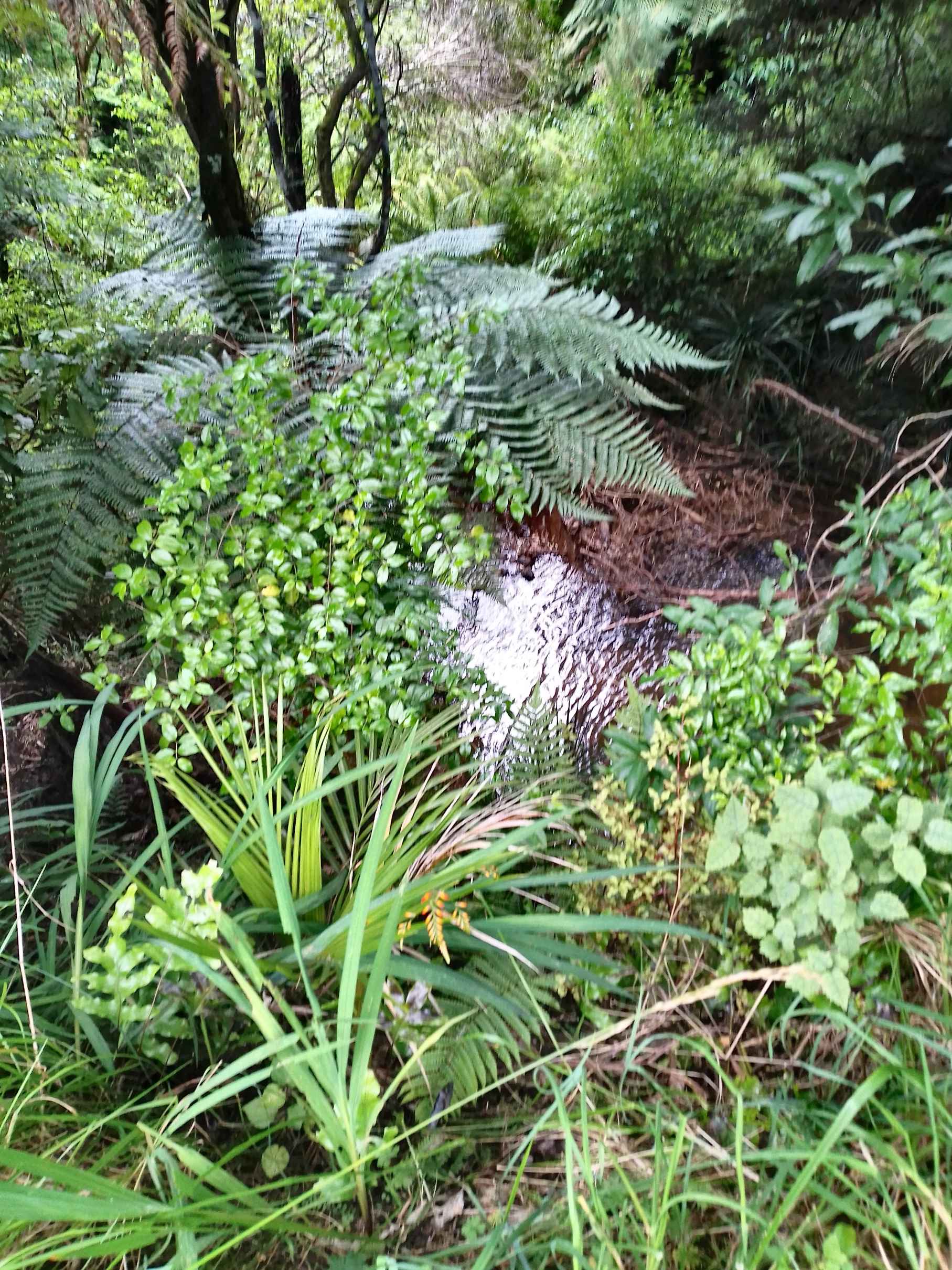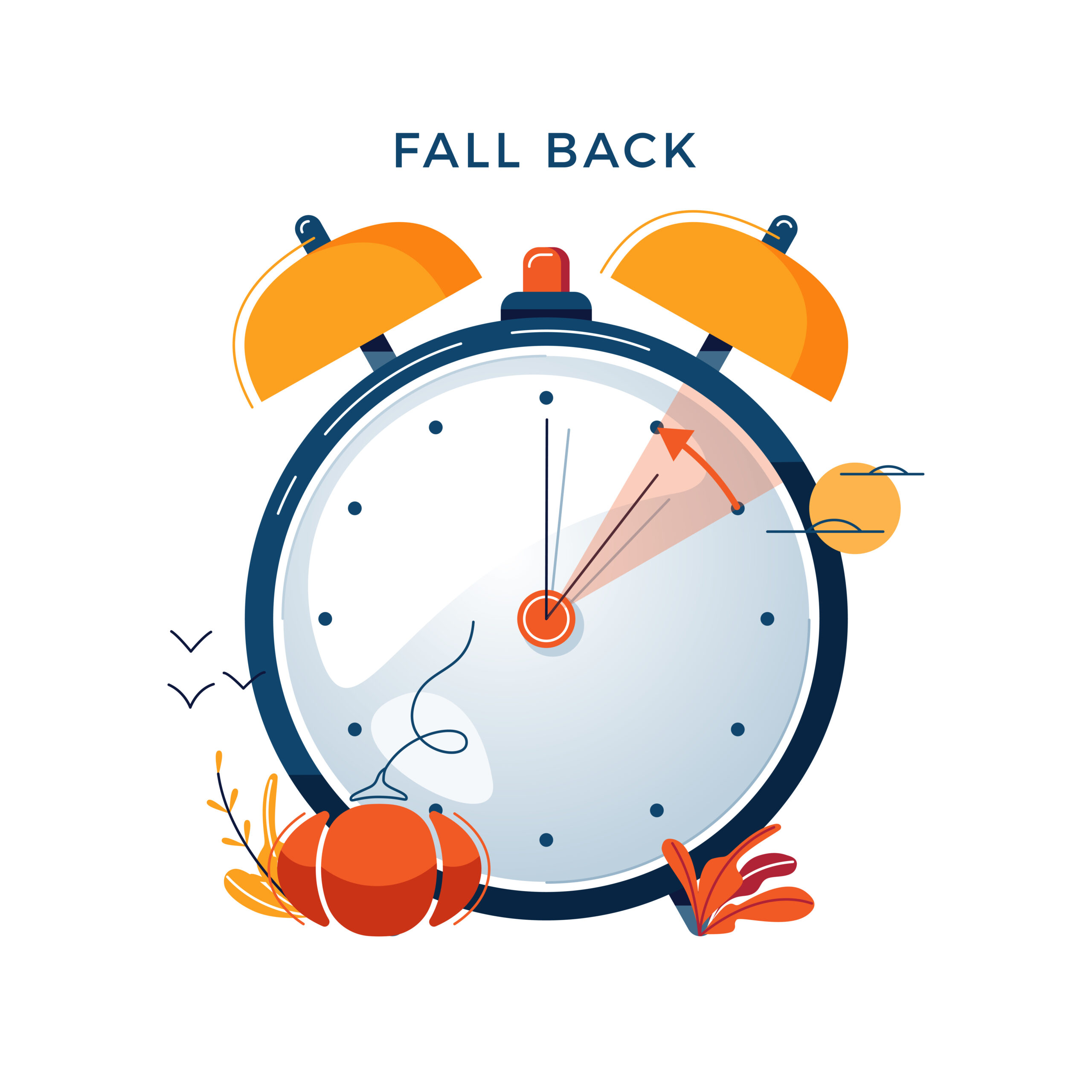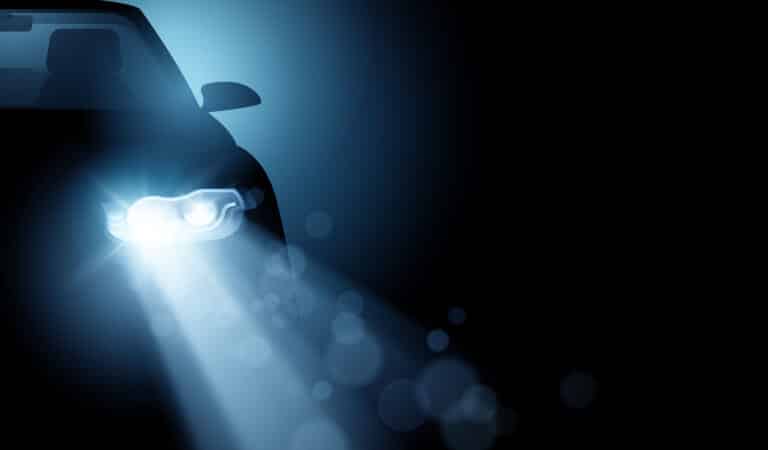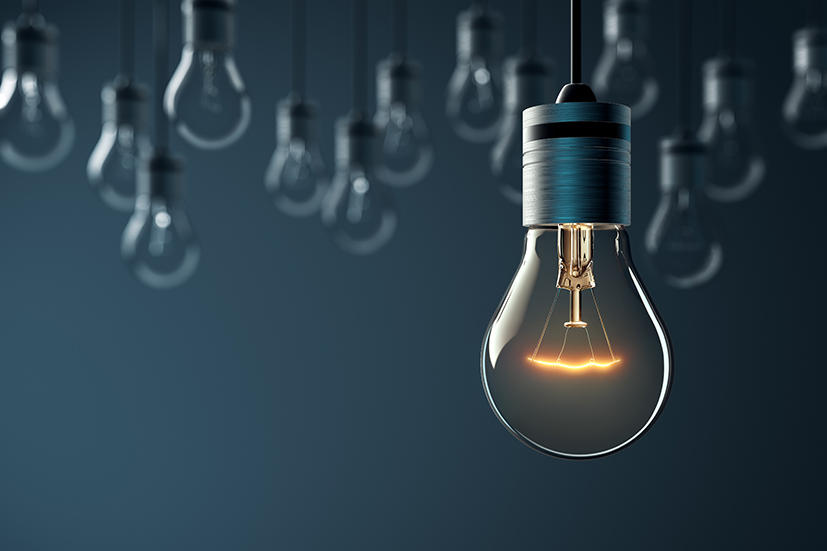REGISTER FOR NEWSLETTER
REGISTER FOR NEWSLETTER

We drove 500 miles and then we drove 500 more… in the car (me, eyes closed tight shut) or that’s what it felt like rattling along gravel roads from Auckland to the far north of New Zealand in pursuit of visual freedom. From Auckland with millions of people and all their LED lights and a […]

At 2am on Sunday 29th October the clocks will ‘fall’ backwards giving us one hour extra in bed. Whilst a lot of people mark the end of British Summer Time with excitement because winter time brings the fun, festive season, there are a lot of us who struggle with the long, dark nights ahead. In […]

This is my favourite time of year and my favourite time of day: an early summer’s evening. I walk by the river feeling a sense of space as if the long light stretches time. Dusk is falling gently, almost imperceptibly: a note of cool in the warm air, the flicker of a bat and a […]

Artificial light at night (ALAN) is an increasingly important driver of global change. Lighting directly affects plants, but few studies have investigated indirect effects mediated by interacting organisms. Nocturnal Lepidoptera are globally important pollinators, and pollen transport by moths is disrupted by lighting.
REGISTER FOR NEWSLETTER